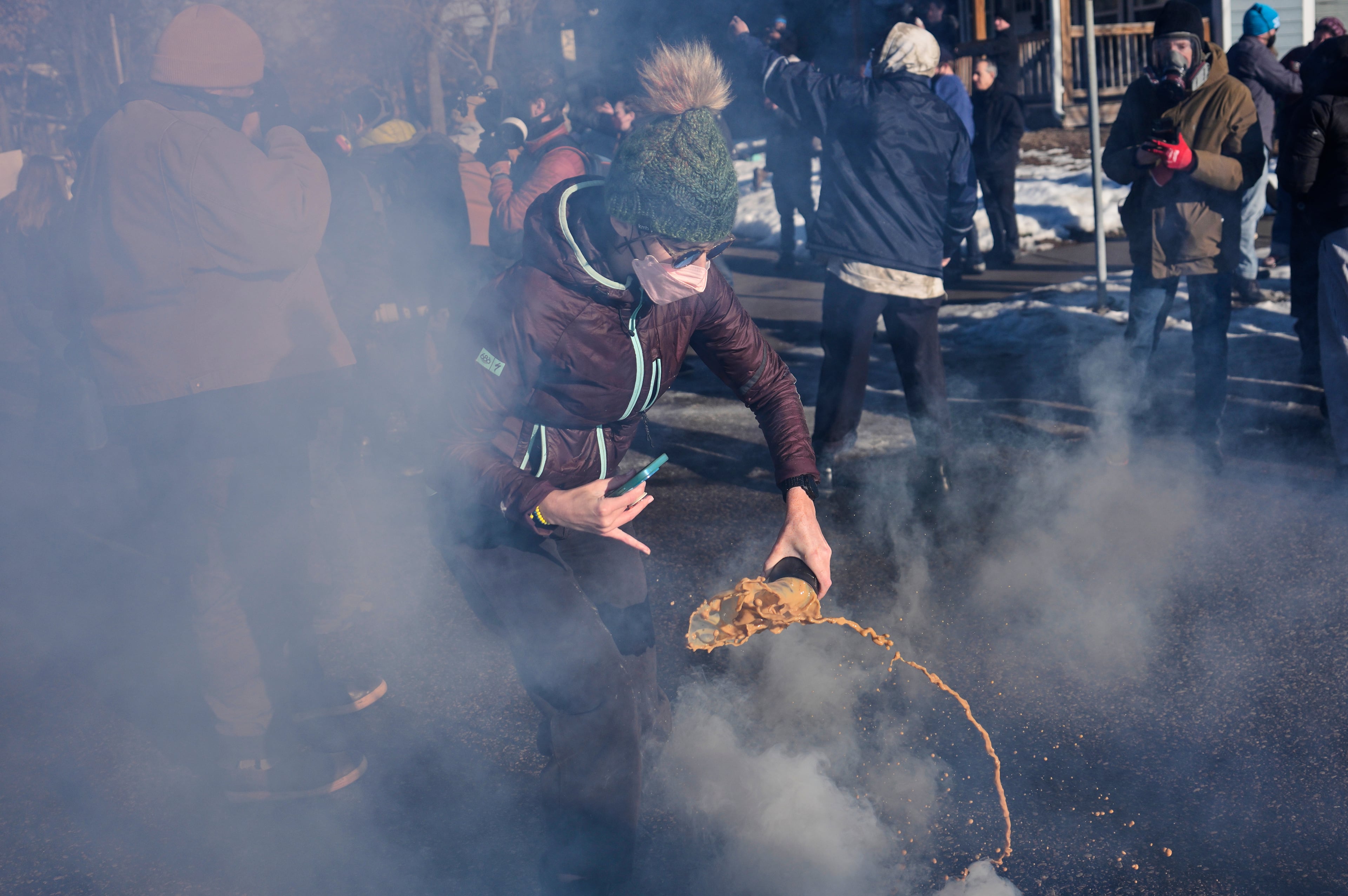Judge in Trump racketeering case denies motion to suppress evidence
Fulton County Superior Court Judge Scott McAfee on Friday denied a motion by former Trump campaign attorney Kenneth Chesebro to toss out emails and memos he wrote detailing a plan to use a Republican slate of electors in Georgia and six other swing states won by Democrat Joe Biden.
Chesebro’s lawyers had argued that the documents were protected under attorney-client privilege and should not be used against him in the sweeping election interference case brought by Fulton District Attorney Fani Willis. In an order issued Friday morning, McAfee said those protections are only meant to shield lawyers who are not suspects in a crime, and he referred to the defense motion as a “strained reading” of Georgia law.
McAfee wrote that documents accompanying a search warrant that turned up the memos “repeatedly refers to the Defendant as a ‘co-conspirator,’ ‘participant,’ ‘intermediary,’ and ‘liaison’ working with several other charged defendants in this case to further a ‘false elector plot’ in violation of several laws.”
The documents — which include emails to co-defendants John Eastman and Rudy Giuliani — are important to the state’s case against Chesebro and include a Jan. 4, 2021, email to Eastman that “outlined multiple strategies for disrupting and delaying the joint session of Congress on Jan. 6, 2021,” according to the indictment.
Chesebro faces five felony charges in the sprawling racketeering investigation brought against him, former President Donald Trump and 17 others who prosecutors claim attempted to illegally subvert the 2020 presidential election in Georgia and elsewhere.
McAfee dealt another blow to Chesebro’s defense Friday, denying another motion to dismiss the case entirely or to provide him with immunity from prosecution. Like other lawyers charged in the indictment, Chesebro has claimed he was merely providing legal advice to his client and should not be criminally charged.
McAfee said Chesebro is free to tell the jury that he “simply performed his legal duty to a client.”
“But it is irrelevant in the pretrial context of immunity, and this Court declines the invitation to supplant the jury’s role as the factfinder,” he wrote.
McAfee’s orders were posted during a housekeeping meeting the judge held with attorneys for Chesebro and co-defendant Sidney Powell and Fulton County prosecutors. Chesebro and Powell requested a speedy trial, and their cases were severed from the other defendants in the case.
In the hearing, McAfee said jury selection for Chesebro and Powell’s trial will begin on Friday, Oct. 20, when about 450 prospective jurors will report to the Fulton County Courthouse. They’ll hear a quick summary of the indictment and fill out juror questionnaires. Then on Monday, Oct. 23, attorneys for the two defendants and the state will have an hour to question groups of 14 jurors as they whittle down the field.
McAfee said he expects to tell jurors to set aside three to five months for the trial, with proceedings taking up eight hours a day, Monday to Thursday, with holiday breaks in November and December.
Special Prosecutor Nathan Wade disclosed that the DA’s office has yet to offer plea deals to Chesebro or Powell, but he said that will change in the near future.
“We’ll sit down and kind of put some things together, and we’ll reach out to defense counsel individually to extend an offer,” Wade said.



